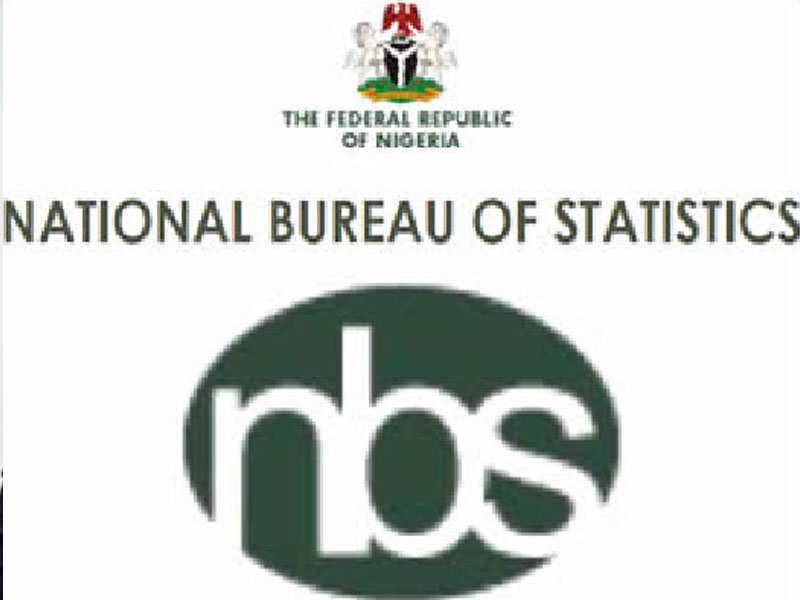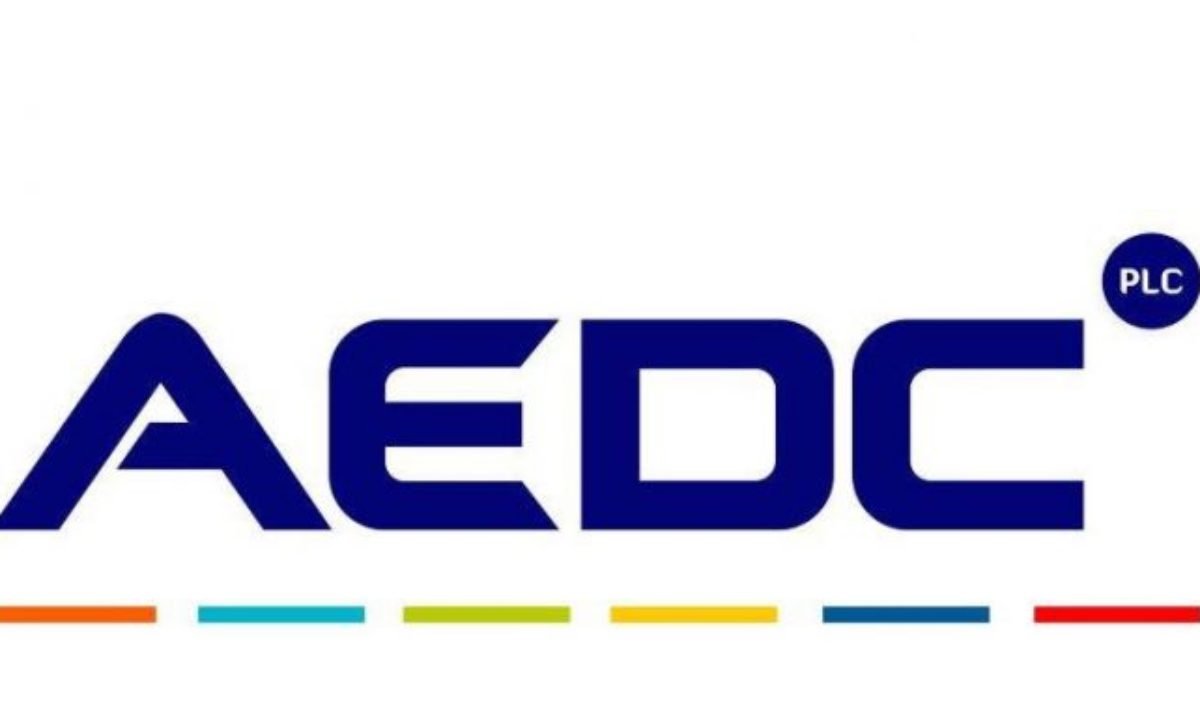Vice President Kashim Shettima on Sunday launched the Federal Government’s National Asset Restoration Programme in Maiduguri, Borno State, marking a major step in efforts to revive Nigeria’s dormant industrial and agricultural machinery.
The initiative, driven by the National Agency for Science and Engineering Infrastructure (NASENI), aims to restore over 26,000 idle but repairable heavy-duty machines and repurpose about 500,000 unused component parts lying across the country. The programme is expected to reduce wastage, limit unnecessary expenditure, and promote localized innovation and development.
Speaking at the Borno State Agricultural Mechanisation Farm Center, Shettima emphasized the urgency of shifting Nigeria away from its longstanding reputation for poor maintenance culture.
“For too long, we have been profiled as a nation that abandons its assets. This is a call to action—to preserve value and build sustainably,” he said.
The Vice President proceeded to commission a power infrastructure project at Borno State University. The project, executed by the Niger Delta Power Holding Company Limited (NDPHC), includes a 7.5MVA, 33/11KV injection substation, 3km of 33KV and 2.5km of 11KV transmission lines, and three 500KVA transformers, under the FG’s Distribution Intervention Projects.
Highlighting the broader significance of the restoration initiative, Shettima praised NASENI’s leadership under Executive Vice Chairman Khalil Suleiman Halilu. He credited the agency with positioning innovation at the heart of governance, particularly through its work on renewable energy, agricultural mechanization, and the retrofitting of vehicles to run on compressed natural gas (CNG).
Borno State Governor, Prof. Babagana Zulum, described the launch as a continuation of a transformative agricultural investment legacy laid during Shettima’s tenure as governor. He noted that Borno once procured over 1,000 tractors and other implements—the largest such acquisition in the state’s history—thanks to Shettima’s leadership.
According to Zulum, less than 10% of Nigeria’s estimated 750,000 required tractors are currently functional. He said the recent floods in Borno had further crippled agricultural mechanisation, making the NASENI intervention timely and critical.
“Restoration, rather than replacement, is not only cost-effective but vital to our food security. This effort by NASENI offers a lifeline,” the governor added.
NASENI chief Halilu disclosed that replacing the country’s over 47,000 dormant agricultural and security assets would cost more than N14 trillion. However, restoration could achieve similar results for just 15–25% of that amount—saving the nation over N10 trillion.
“This is engineering for national savings, jobs, and productivity,” Halilu said, describing the programme as a showcase of Nigerian innovation.
Minister of Agriculture and Food Security, Senator Abubakar Kyari, described the restoration programme as a turning point in the ministry’s efforts to revamp public sector productivity. He reaffirmed the programme’s alignment with the Renewed Hope Agenda of President Bola Ahmed Tinubu, which places agricultural transformation at its core.
Other dignitaries at the event included the CEO of NDPHC, Engr. Jennifer Adighije; Director General of the Federal Radio Corporation of Nigeria (FRCN), Dr. Mohammed Bulama; Borno State officials; members of the National Assembly; and top government technocrats.







